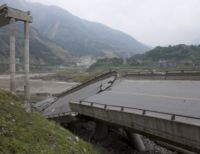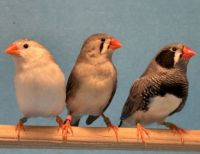The customary reds, oranges and yellows of the trees, marking the arrival of fall, may have appeared early this year, or not at all. The dramatic summer weather that brought wildfires in some parts of the country and heavy rain in others is being reflected in fall colours across Canada, researchers say. (Globe and Mail)
Here is an expert from McGill University that can provide comment on this issue:
David Wees, Faculty Lecturer and Associate Director, Farm Management and Technology Program
“Will climate change affect fall colours in our trees? Yes and no! The shortening of day length in September and October is what triggers leaves to change from green to gold, orange and eventually brown. Daylength, i.e., the number of hours of sunlight per day, depends on the angle of the Earth’s axis relative to the sun but not on climate. However, the intensity of the hues depends partly on the weather. Warm sunny days and cool nights in late summer and early fall lead to bright yellows, vivid oranges, and burgundy reds in trees’ foliage. But if climate change leads to more wet, cloudy weather, we may get drabber fall colours: faded yellows and dull browns.”
David Wees is a Faculty Lecturer and Associate Director of the Farm Management and Technology Program of the Faculty of Agricultural and Environmental Sciences, where he teaches courses in all aspects of horticulture: vegetable production, fruit production, greenhouses, urban horticulture and landscaping. He is also involved in several projects funded by McGill’s Sustainability Projects Fund, including the Macdonald Campus Orchard, the Macdonald Campus Tree Planting Initiative and the Season Extension Technology to Meet the Need for Local Food.
david.wees [at] mcgill.ca (English, French)

















